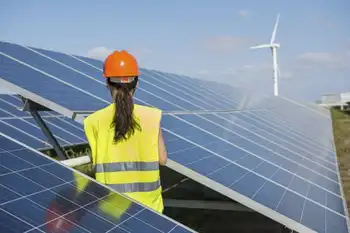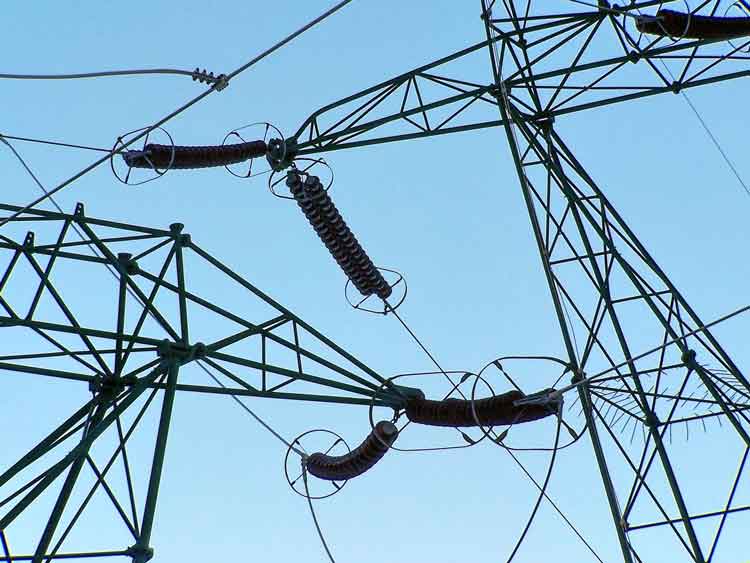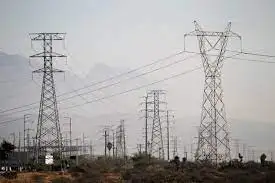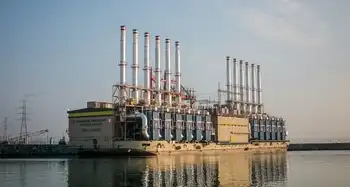TVA sees a future in clean coal generation
By Knoxville News Sentinel
Arc Flash Training CSA Z462 - Electrical Safety Essentials
Our customized live online or in‑person group training can be delivered to your staff at your location.

- Live Online
- 6 hours Instructor-led
- Group Training Available
Meeting the environmental challenges of a fuel that generates such a large portion of our electricity is a priority for TVA. Like all electric utilities, whether public or private, we are responsible for meeting electricity demand as reliably and economically as possible in the public interest.
The national campaign to dismiss the future of "clean coal" technology fails to credit substantial progress that has been made in reducing fossil fuel emissions and the continuing research to further minimize the environmental impacts of an important national energy source.
Data compiled by the U.S. Environmental Protection Agency show that air quality has improved steadily during the past three decades since national standards were established by the Clean Air Act in 1970. During this time, TVA has invested more than $5 billion in emissions control equipment at our plants across the Valley and will install another $400 million worth of controls by the end of 2010. Complying with interstate emission rules now under discussion could require an additional $3 billion investment in coming years.
These costs become the price we all pay for electricity.
Installing emission controls and switching to cleaner types of coal have reduced regulated emissions by more than 80 percent since the late 1970s. Reductions approaching 90 percent are expected with the installation of additional equipment.
Along with emissions, the other major environmental challenge posed for most utilities that use coal is managing waste byproducts-primarily ash and gypsum. The issue was brought to the forefront last December by the coal ash spill at TVA's Kingston Fossil Plant.
To ensure the safety of our coal waste storage facilities, TVA is planning to close all wet storage impoundments and establish dry storage for all our coal plants. TVA is taking these steps to achieve the safest coal waste management program in the industry.
The investments in emission controls and coal byproduct waste management are necessary to maintain a reliable power supply while TVA pursues a strategy to reduce our carbon footprint.
Currently, more than 30 percent of TVA's generation comes from zero or near-zero carbon-emitting fuels, such as nuclear and hydropower, along with a small but growing amount of renewable energy from wind, solar and methane gas.
Negotiations are under way with renewable energy suppliers to add up to 2,000 megawatts or more of renewable energy, mostly wind power, as it becomes available during the next two to three years.
The addition of more renewable energy, the completion of a second nuclear unit at Watts Bar Nuclear Plant in 2013 and the possible addition of future nuclear units at the Bellefonte site in North Alabama support TVA's move toward having at least 50 percent of its power supply provided by zero or near-zero carbon-emitting sources by 2020.
At the same time, we are working with state and federal officials to develop energy efficiency incentives that encourage consumers to be wiser and more frugal about energy use.
The collective progress toward developing a larger supply of cleaner energy will certainly benefit air quality and reduce the amount of coal byproducts that have to be managed. It is realistic and important for TVA to pursue a cleaner energy strategy for the future while responsibly managing the environmental challenges of a reliable energy source that we all depend upon today.











